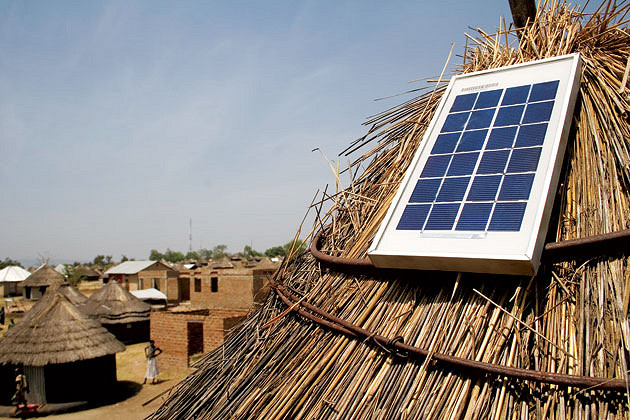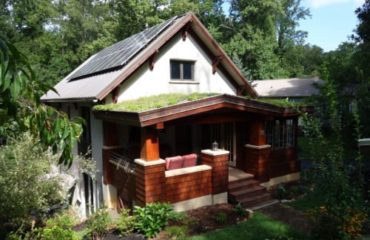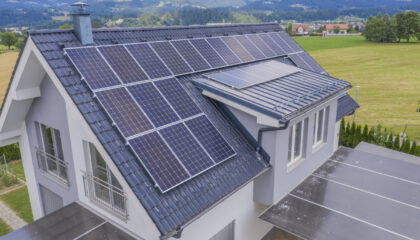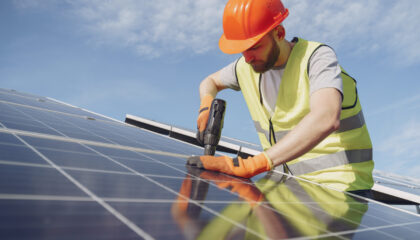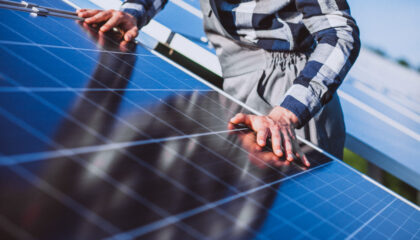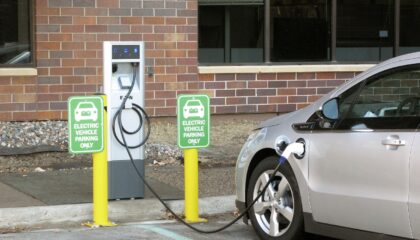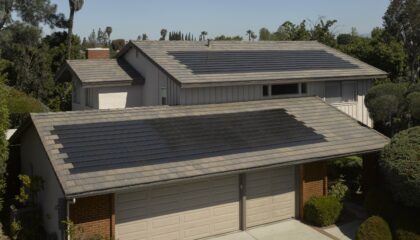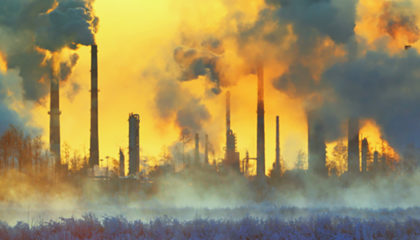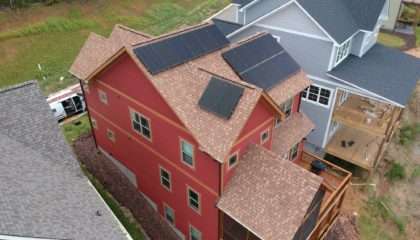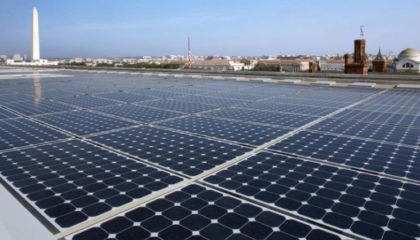Solar helps areas all over the world acquire energy for the first time. Microgrids could enable the 1.2 billion people without access to a grid to produce electricity. They will help achieve the universal energy access goal of providing 195 million more people with energy by 2030.
What It Looks Like Now
Most of the off-grid areas are in Africa and East Asia. There is a push to provide universal energy through an expansion of transmission and a variety of production methods. Many communities in sub-Saharan Africa cannot be connected to the gird, so renewables are the answer. With political goals and market growth aligning, off-grid energy is more feasible than ever.
More than 30 percent of off-grid Kenyans use solar. Some financing programs hope to help solar reach 70 percent of Uganda’s rural population. Asia is quickly following suit. In many instances, these solar systems just provide light and phone charging capabilities, but production is expanding to include fans and TVs.
For some countries, solar is even improving a tourism market. Ecotourists look for the pristine wilderness in the countries utilizing off-grid solar. Safari lodges use more energy than the communities using off-grid solar because the clientele using them are usually from areas with stable energy sources and expect phone charging capabilities, lights, and even refrigerators, washing machines, and air conditioning or heat.
What It Could Mean
Eventually, with solar, communities will have access to services only available with energy like internet and quality of life will improve. The situation improves environmentally as well. Off-grid communities do produce some pollution. It is not anywhere near the scale of developed countries like America or Europe or developing countries like China. However, off-grid communities do burn wood, releasing carbon dioxide. Some wealthier communities even use diesel generators. If these methods of light and heat generation could be replaced with solar, that would be 1.2 billion people’s energy being produced by solar instead of diesel or wood.

